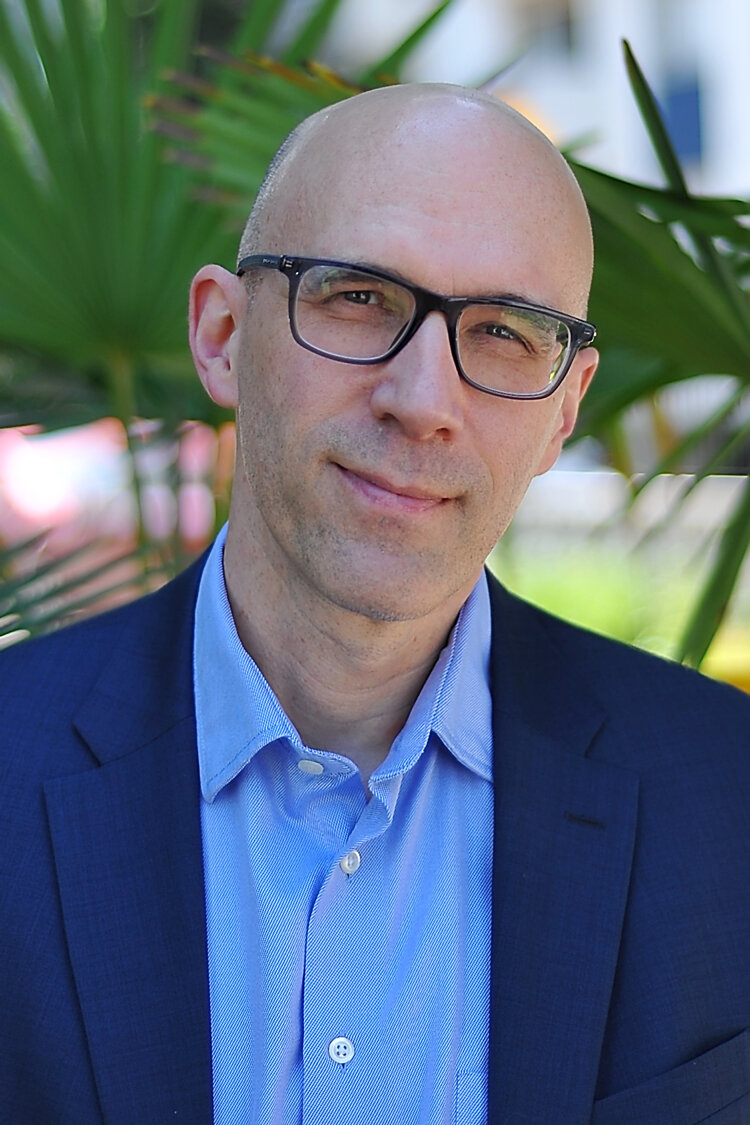
Market Equity and Your Salary
March 8, 2023
I find it hard not to think about a story an APSA manager recently told me about her recruiting difficulties. Geraldine (not her real name) came to my office and wanted help with how SFU Compensation graded the job descriptions for her team. All three of her team were graded at APSA salary grade 7, and Geraldine was trying to get them to grade 9 to be at least somewhat market competitive.
When she met with me, one of her team had just resigned to take a higher-paying job at UBC (or, as Geraldine said, “Effectively the same job, but for more money…”). Throughout her time as a manager of her unit, Geraldine had great difficulty hiring team members on the salaries offered by SFU. She tried twice previously to raise her team’s salary grades through SFU Compensation but was unsuccessful.
“No matter what I did,” said Geraldine, “my team’s job descriptions kept coming back at grade 7. I’m stuck competing for talent with institutions that pay much more than SFU does.”
It was what Geraldine said next that stuck with me.
“I’ve never been able to hire people with A-level experience and qualifications,” she said. “I can’t pay enough to do that. I hire people with B- or C-level experience and train them up. Then they leave for somewhere that pays more, and I’m back at square one. It’s a revolving door.”
As I’ve explored before in two previous columns (“The Five percent Line in the Sand” parts 1 and 2), managers like Geraldine are having to make up for SFU’s apparent lack of external equity (how APSA salaries compare to comparators in the wider job market) by pushing at internal equity (how APSA salaries compare within the University). It’s a valiant attempt by individual managers to solve a much larger recruitment and retention problem, at the department or unit level.
The critical problem of APSA member external equity has only compounded given current economic realities. SFU’s apparent lack of external equity has collided with a tough labour market, inflationary pressures and cost-of-living increases in an already expensive area to live. All of this only acerbates difficulties in hiring and retaining professional administrative staff.
As you may know from previous communications by past APSA president, David Agosti, a market survey for APSA members was to have been conducted jointly by SFU and APSA (as a result of the Colin Taylor Award of 2015) in 2018. I won’t dive deeply into the ongoing difficulties of getting the 2018 market survey completed or our past difficulties convincing the University that “joint” entails working together at every step of the process. I’ll let you read what David has written and update you further on this issue in the coming weeks.
Critical here is that SFU hasn’t completed a market survey in twenty-two years. The last completed market survey for APSA members took place in—yes—2001, despite numerous APSA representatives pressing for fresh ones over the years. Our review of our archives on this issue indicated a real resistance from past University leaderships to conduct regular (or any) market surveys. The University’s past motives for opposing market surveys remain unclear: not conducting them, however, avoids the financial headache of having to pay APSA employees at market rates.
By comparison, UBC has had six salary surveys in 2019, 2016, 2011, 2009, 2004 and 2000 during that same period and has apparently kept up with external market equity to minimize recruitment and retention costs.
Geraldine again: “I went to a conference recently for my profession. I spoke to my UBC counterparts about salary competitiveness in our field. I was floored because one of them told me that they don’t even think about having to compete with SFU on compensation. They worry about competing with the University of Toronto.”
There is a ray of light here for managers like Geraldine and APSA members in general.
The University senior administration is now acknowledging the very real problem with APSA member market equity: recruitment and retention have grown increasingly difficult for SFU post-pandemic. The University is now proposing to conduct a market survey this year (albeit without APSA as a joint partner). We are, of course, pressing SFU to ensure that whatever survey may come next that it uses values for metrics that accurately reflect external market inequities for APSA members.
Our members work beyond hard for SFU and its mission and deserve to have their salaries remain competitive with their external peers. As UBC already does, that means regular market surveys.
